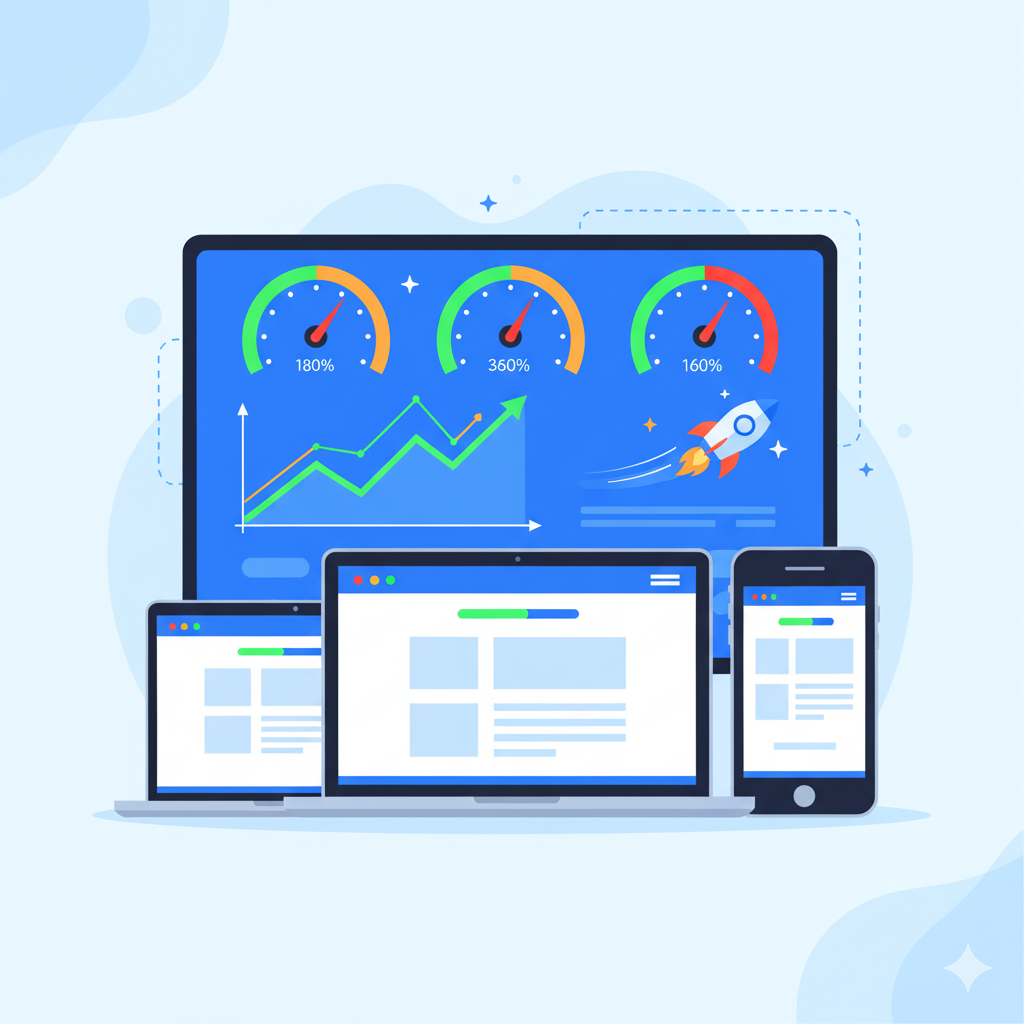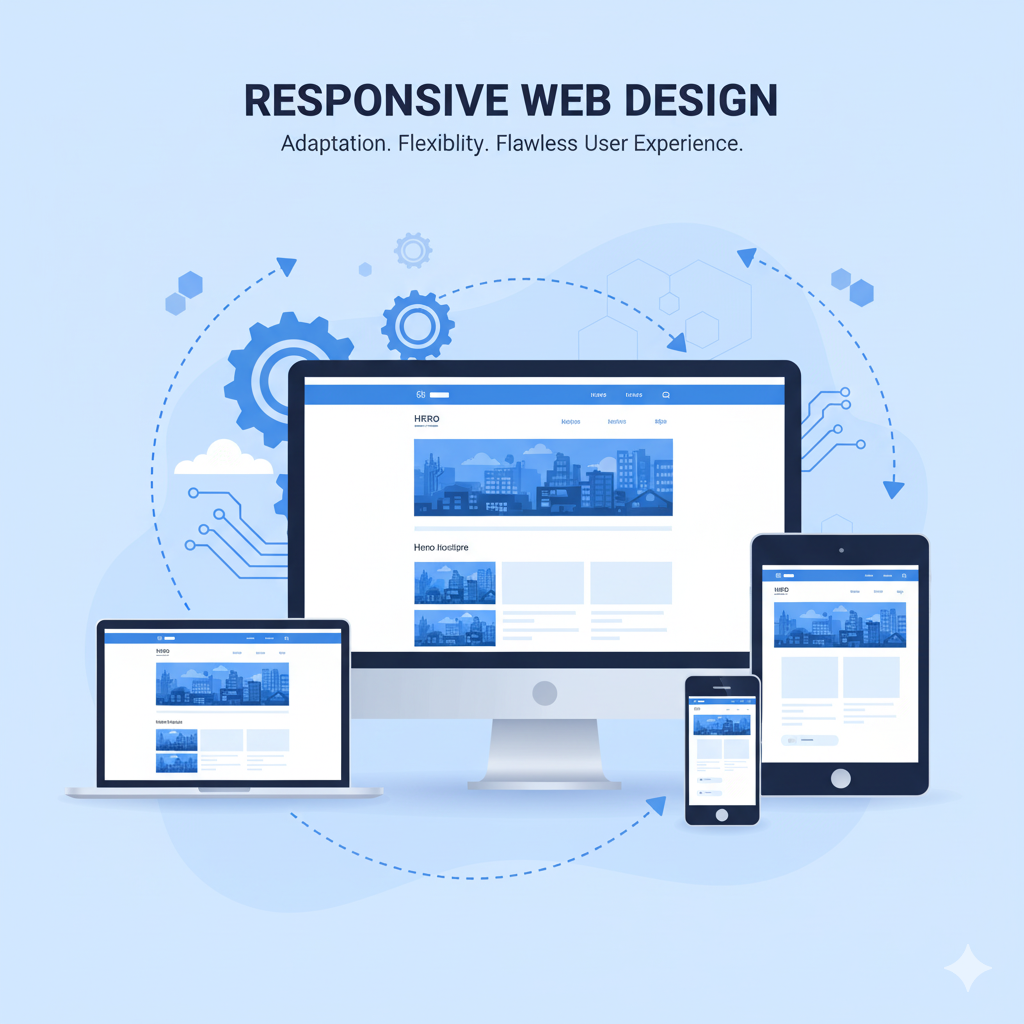Website speed is no longer just a technical factor — it is directly connected to user satisfaction, SEO performance, and business growth. In 2025, even a delay of one second can cost companies thousands of users and significant revenue. Fast-loading websites dominate the digital world because people prefer instant results.
⚡ Why Website Speed Matters
1️⃣ First Impressions Count
Your website often creates the first impression of your business.
If a page loads slowly, visitors immediately assume the brand is outdated or unreliable.
Fast websites feel modern, trusted, and professional.
2️⃣ Direct Impact on SEO Ranking
Google prioritizes fast websites.
A slow-loading site leads to:
- Lower search ranking
- Higher bounce rates
- Reduced visibility
Speed is now one of the top ranking signals.
3️⃣ Better User Experience (UX)
Nobody wants to wait.
Fast websites improve:
- Page navigation
- User engagement
- Session time
- Conversion rates
Smooth browsing = happy users.
4️⃣ Higher Conversions & Sales
Studies show that a 1-second delay can reduce conversions by up to 20%.
Fast pages help users quickly find what they need, encouraging them to:
- Purchase
- Sign up
- Enquire
- Take action
Speed directly influences revenue.
5️⃣ Mobile-First Era
Most users browse from mobile devices.
Slow websites perform even worse on mobile networks.
Responsive + fast = the winning combination.
🛠 How to Improve Website Speed
- Compress and optimize images
- Use a fast hosting provider
- Enable caching
- Minify CSS, JS, and HTML
- Use a Content Delivery Network (CDN)
- Reduce unnecessary plugins
- Implement lazy loading
These simple steps dramatically improve performance.
🎯 Final Thoughts
In 2025, website speed is a critical business asset. A fast website builds trust, improves user experience, boosts ranking, and increases revenue.
If your website loads slowly, upgrading speed should be your top priority




